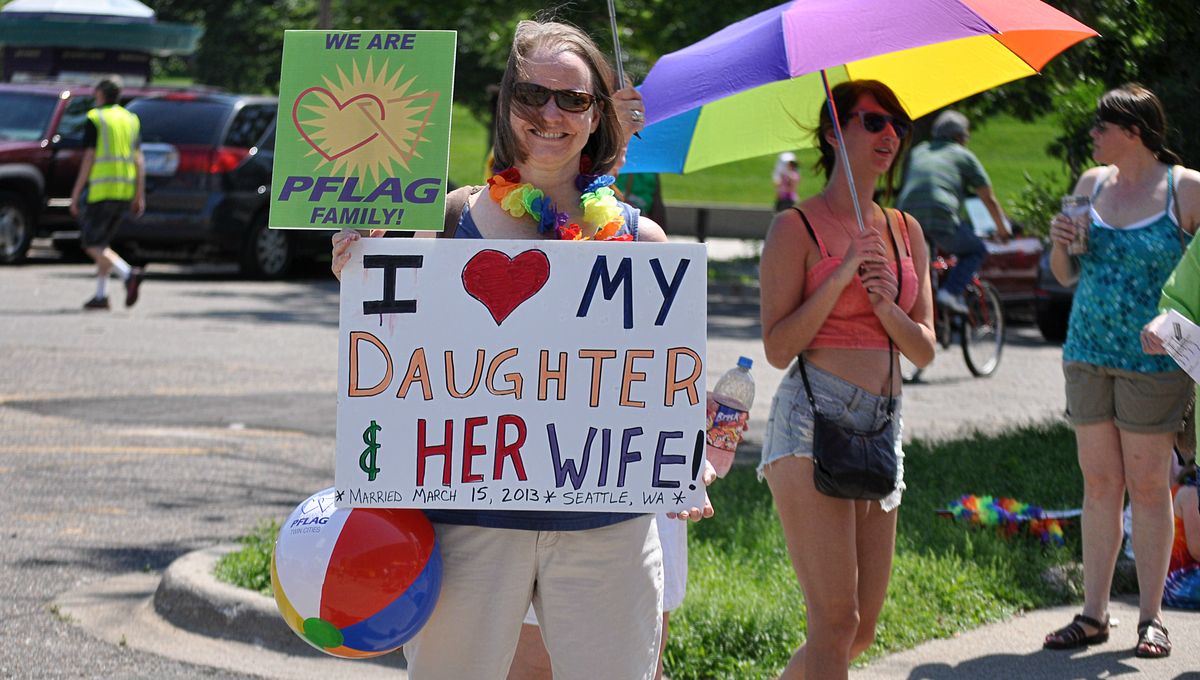
LGBTQ teenagers are more likely to experience depression compared to their heterosexual cisgender counterparts. And parental behavior plays a big role in reducing or aggravating this risk. A new study suggests that parental support and psychological control influence depressive symptoms among LGBTQ adolescents.
A lot of work on the well-being of LGBTQ youth has focused on the impact of acceptance from parents. And with good reason. Parents who reject their children have plenty of ways to harm their kids. They can kick them out – youth who identify as LGBTQ disproportionately experience homelessness – or harm them directly with violent behavior, or indirectly with practices such as conversion therapy – which is recognized as a form of torture.
The new work sidesteps the question of acceptance and just look at parenting behavior in terms of support, by asking youths to report and rate the frequencies of expressions such as caregivers stating their pride in them, complimenting them, or championing them. It also looked at the opposite effect, focusing on psychological control, such as the caregiver asserting being always right, or being unable to communicate issues.
“Our research showed that those who felt greater social support from parents tended to have fewer depressive symptoms, whereas those who reported greater psychological control from parents had more depressive symptoms,” lead author Dr Amy McCurdy, from The University of Texas at Austin, said in a statement. “For youth whose parents did not know their LGBTQ identities, having a combination of high psychological control and high social support from parents was linked with greater depressive symptoms.”
The work included 536 LGBTQ youth between the ages of 15 and 21, with those under 18 having to meet with a youth advocate to ensure more informed consent. They completed a form where they self-reported on parental behavior, their identities and parental knowledge of said identities, and depressive symptoms.
“Research on parental acceptance and rejection has produced important initiatives that improve the well-being of sexual and gender minority youth,” said McCurdy. “Advancing understandings of the associations between parenting practices and youth well-being offers possibility for insights regarding risk and resilience mechanisms and ultimately support positive mental health outcomes for sexual and gender minority youth during adolescence.”
The study provides some insights into the impact of parental practices, but the researchers admit limitations in the work, including the timeframe and sampling frame, as well as needing more specificity on which parenting practices make a difference in improving the well-being of LGBTQ youth.
The study was published in the journal Child Development.
Source Link: Beyond Acceptance, It Is Parental Support That Makes A Difference For LGBTQ Youth